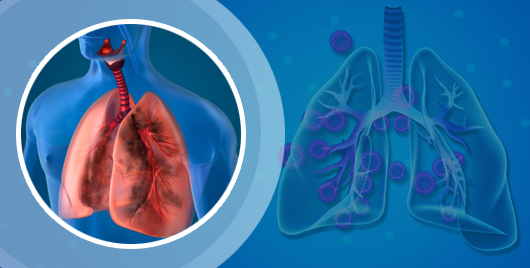Interstitial Lung Diseases
Interstitial lung diseases are a group of diseases that make the lungs stiff. Usually, the lung tissue is soft, supplying oxygen easier. When lungs become stiff, they gradually lose their capacity to supply oxygen. Most patients with interstitial lung diseases cannot walk more than a few steps or require oxygen to perform daily activities such as bathing. Chronic incessant coughing often makes sleeping at night difficult.
There are various causes for these diseases, such as rheumatological conditions, exposure to certain animals, birds or fungal proteins, occupational exposures and other unknown causes. Evaluation usually involves performing a CT scan of the lungs, a full pulmonary function testing profile including lung volumes and DLCO, a 6-minute walk test, autoimmune workup etc.
In CMC, all interstitial lung disease patients are discussed in a special forum of senior doctors from both the Pulmonology and Radiology departments at least once when they come for treatment the first time. The exact diagnosis of interstitial lung disease and treatment plan is made for every patient at this meeting carefully and thoroughly.
Treatment usually involves medicines such as oral steroids, immunosuppressive drugs and antifibrotic drugs. Oxygen therapy (for specific patients), Pulmonary rehabilitation, appropriate diet, regular vaccination and lifestyle changes are other treatment measures provided.

